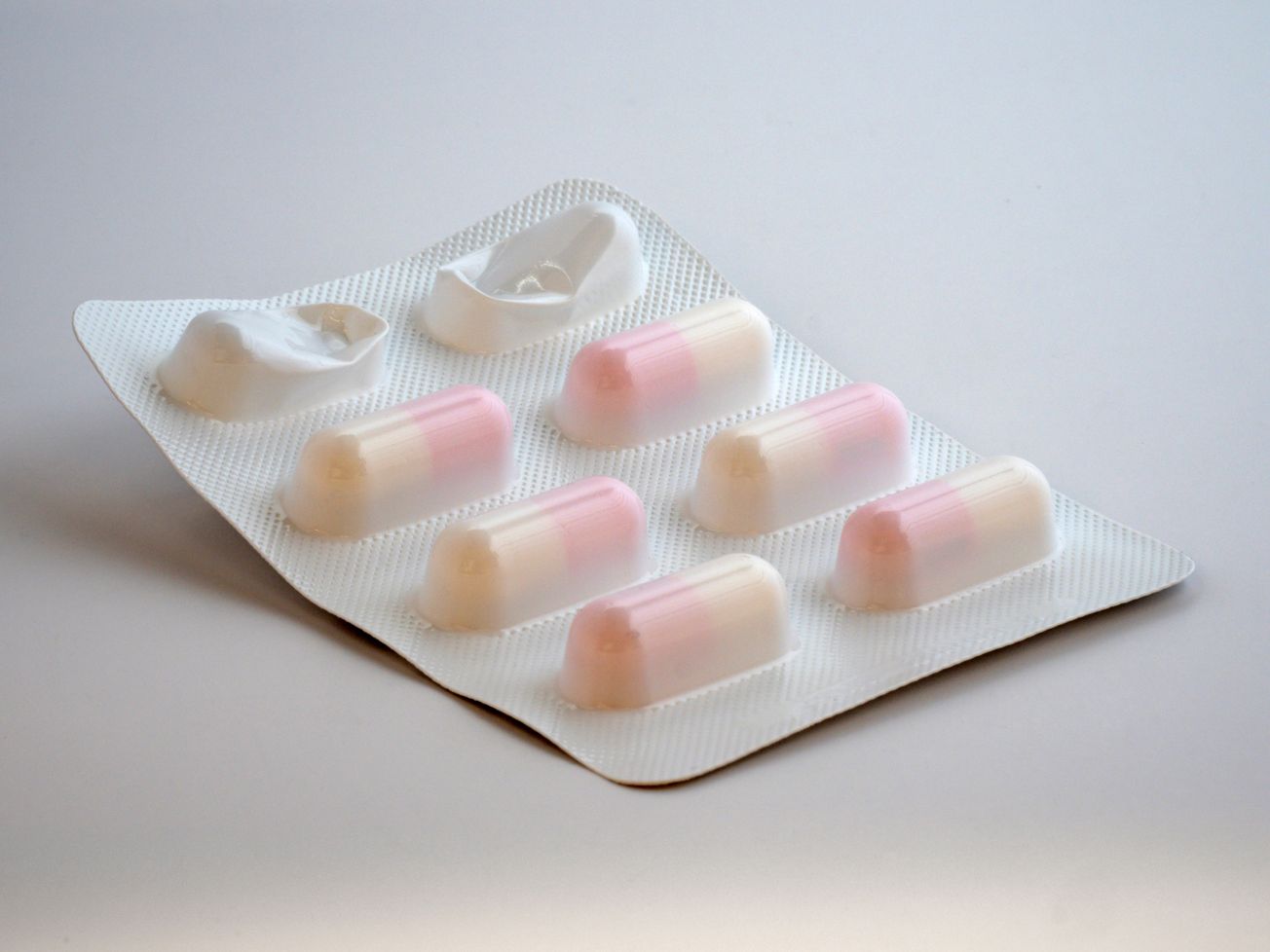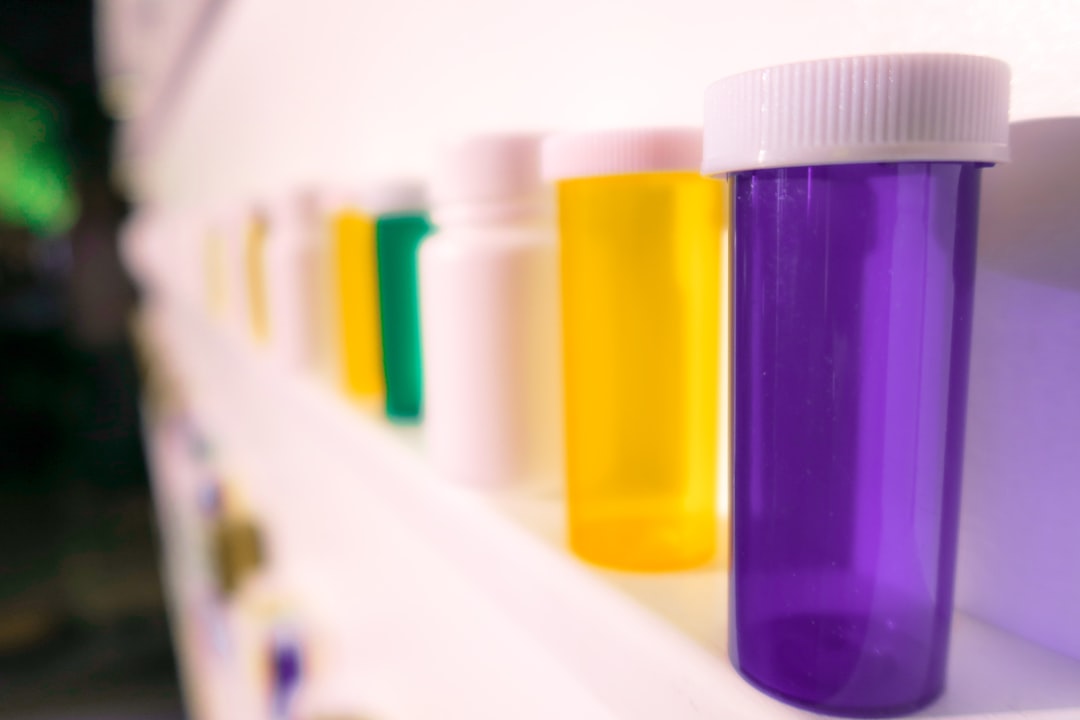By Rowan Fenelon,Fourth Year Chemistry
Following an increase in prescription, Rowan Fenelon takes a look at the different issues and stigma surrounding antidepressants.
Alongside mental health rightfully becoming less taboo, we have seen an increase in the prescription of antidepressants. The total number of antidepressants prescribed in the UK doubled between 2005 and 2015. The reasons for this could be increased prevalence of depression, more people asking for help, or an increase in willingness to prescribe from medical professionals. However, the debate surrounding antidepressants is still a hot topic.
The main issue with antidepressants is that their effectiveness is yet to be explained. Depression is a complicated illness; genetic predecessors, life events, substance abuse, and medication can all contribute to the illness. Thus, treating the condition can involve many solutions and doctors cannot agree whether antidepressants should be prescribed.
Photo by JOSHUA COLEMAN / Unsplash
There are numerous types of antidepressants; the first produced were the tricyclic type, whose significant side effects mean their use is rare. The second type produced were SSRIs (selective serotonin reuptake inhibitors). These prevent the reuptake of serotonin, a hormone often associated with happiness and responsible for sending messages in the brain, and so increases the blood’s serotonin concentration.
SSRIs such as Prozac or fluoxetine became big in the 1990s, and have since encouraged pharmaceutical companies’ investment. SNRIs, serotonin and noradrenaline, another neurotransmitter, were then produced and are prescribed for severe depression or anxiety. The other main type of antidepressant, monoamine oxidase inhibitors, prevent the functioning of the enzyme that stops the action and reduces the concentration of neurotransmitters in the brain. Due to this generality, they affect more neurotransmitters than just serotonin and noradrenaline and so MOAIs have a plethora of severe side effects. Also, due to the interaction with the amino acid tyramine, found in fermented foods such as cheeses or tofu, they can increase in blood pressure and so a restrictive diet is needed. Thus, this is a last resort drug. Despite this understanding of what the drugs do, it is still unclear why they alleviate the symptoms of depression.
This had led some to believe that antidepressants are nothing more than a placebo; however, this opinion was refuted recently in a major review of antidepressant trials. It showed that the effectiveness of antidepressants varied, but five drugs performed highly in effectiveness and acceptability - fewer people stopped taking them within the trial period. However, their effectiveness was not compared to other treatment methods such as cognitive behavioural therapy (CBT), counselling or interpersonal therapy.
Currently, the NHS’ guidelines give self-help treatments such as exercise, speaking to friends and mindfulness apps for mild depression. For moderate depression, either an antidepressant or CBT may be used and for severe depression, a combination of antidepressants and CBT is recommended. Distinguishing between the severity of depression can be difficult and is not always obvious, even for professionals. The mental health services are overwhelmed and can’t cope, evidenced by the wait time for CBT in the UK. This could contribute to more people being prescribed antidepressants due to lack of availability of therapy. Furthermore, to go to the doctor with mild depression and be told to exercise or use an app may feel like a slap in the face, so the approach to treating depression is clearly a difficult decision.
Another big issue with antidepressants is their side-effects. Although rare, for some there can be an initial increase in suicidal thoughts. Other common side effects are nausea, constipation or diarrhoea, sexual issues such as loss of sex drive and erectile dysfunction, insomnia and a dry mouth. However, symptoms should subside over time, but this requires persistence. Antidepressants are also notoriously hard to come off, either because the depression will come back, or for the symptoms withdrawal causes. Some may then feel if you start taking antidepressants then you are on them for life, but it is arguably better to live a life free of depression than suffer.
Public opinion on their use can also be negative. Many people think that taking medication is ‘cheating’ or a sign of weakness and that it is a quick fix, not solving the underlying issues that cause depression. This may have some merit if no talking therapy is given. However, I think this stems from people not taking depression seriously. You would not tell someone not to take medication for a physical illness or ailment; such as a pain in their back, even if it could also be improved with physiotherapy. The combination of the use of antidepressants and therapy is a similar situation and it can be up to doctors and trial and error for each patient to find what works.
Overall, antidepressants alleviate depression’s symptoms for many and improve their quality of life. I think the most important thing is not to judge someone for taking antidepressants as they are getting the help they need.
Featured Image:Brett Jordan/ Unsplash
What's your take on the antidepressant debate? Let us know you thoughts!










